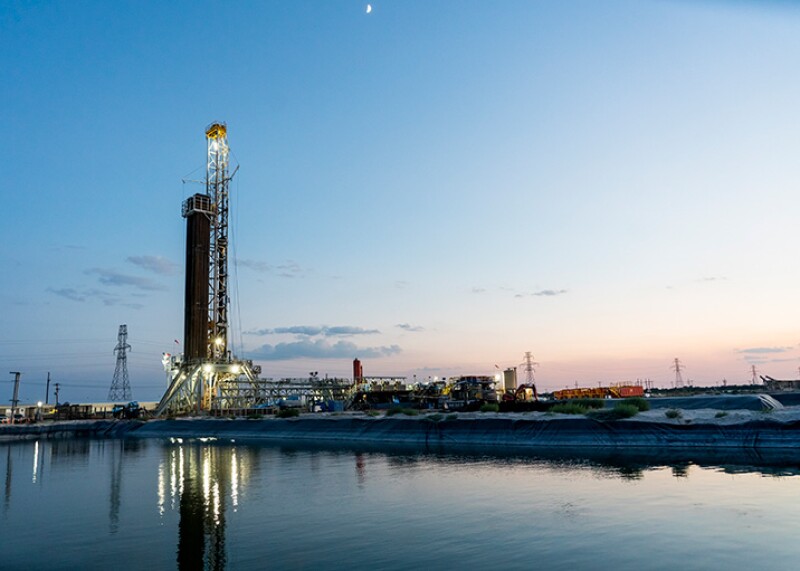Diamondback Energy has announced its acquisition of Permian Basin rival Endeavor Energy Resources in a cash-and-stock deal valued at approximately $26 billion.
The consolidation will create a firm worth almost $60 billion. It also underscores the recent shake up of the US shale sector, following a year in which mergers and acquisitions topped $192 billion, with an additional $40 billion occurring in this quarter alone, according to figures from Enverus Intelligence Research (EIR).
The trend underscores the drive of large operators to add significant volumes of flowing barrels along with untapped drilling locations to secure long-term viability. Prior to today, Diamondback itself has made more than $4 billion in other cash-and-stock deals to enhance its drilling inventory and cash flow from mineral rights since 2022.
The latest acquisition is set to balloon Diamondback’s crude production from 273,000 to 468,000 B/D, expand its future drilling locations expected to be profitable at $40/bbl oil from 3,800 to 6,100, and increase its gross acreage by nearly 70% to 838,000 acres.
Transaction terms include issuing over 117 million shares of Diamondback common stock to the sellers, along with $8 billion in cash, and taking on Endeavor’s debt. Upon completion, Diamondback stockholders will own 60.5% of the new entity, with Endeavor’s shareholders controlling the remaining 39.5%.
Travis Stice, Diamondback's CEO, highlighted the merger's strategic benefits, stating, “This combination meets all the required criteria for a successful combination: sound industrial logic with tangible synergies, improved combined capital allocation, and significant near- and long-term financial accretion.”
He added, “With this combination, Diamondback not only gets bigger, it gets better.”
Diamondback’s announcement pointed out that it uses almost identical proppant and fluid loadings in its well completions as Endeavor but averages 25 wells per section compared to the seller’s 21.
With substantial contiguous acreage between the two firms, Diamondback expects to gain new operational efficiencies, enabling it to drill longer horizontal wells and rely more on co-development strategies to mitigate the parent-child effect from frac hits. The company also plans to employ simulfrac operations on Endeavor’s assets, a practice of completing two wells at once that has doubled Diamondback’s fracturing pace since 2019.

Endeavor, founded in 1979 by Permian luminary Autry Stephens, has long been a prime acquisition target, but its sale price has apparently significantly appreciated from the $8 billion figure that was reported in 2018.
Andrew Dittmar, senior vice president at EIR, attributed Endeavor Energy's commanding acquisition price to its longstanding 45-year history in the Permian Basin. As he highlighted, “Endeavor was able to secure what is now among the most valuable acreage in the Permian well before the shale boom came around and is one of the few acquisition targets that improves the quality of Diamondback’s portfolio.”
In his analysis, Dittmar suggested that this deal, despite it being only February, could be the largest US upstream transaction of the year. He described Endeavor as one of the final "puzzle pieces" in the Permian’s merger and acquisition landscape, noting there is a dwindling list of private-equity-sponsored companies following sales exceeding $80 billion in the region since 2021.
Dittmar also pointed out a parallel trend among public producers, where the next wave of dealmaking could focus on divesting noncore assets. However, he mentioned that current cash flows are reducing the urgency for such sales in the near term, indicating a potential pause in the rapid pace of transactions.
Expected to generate $550 million in annual savings, primarily from capital and operating synergies, Diamondback’s acquisition of Endeavor is slated for closure in the fourth quarter. The combined company will remain in Midland, Texas, where both companies are currently headquartered.


